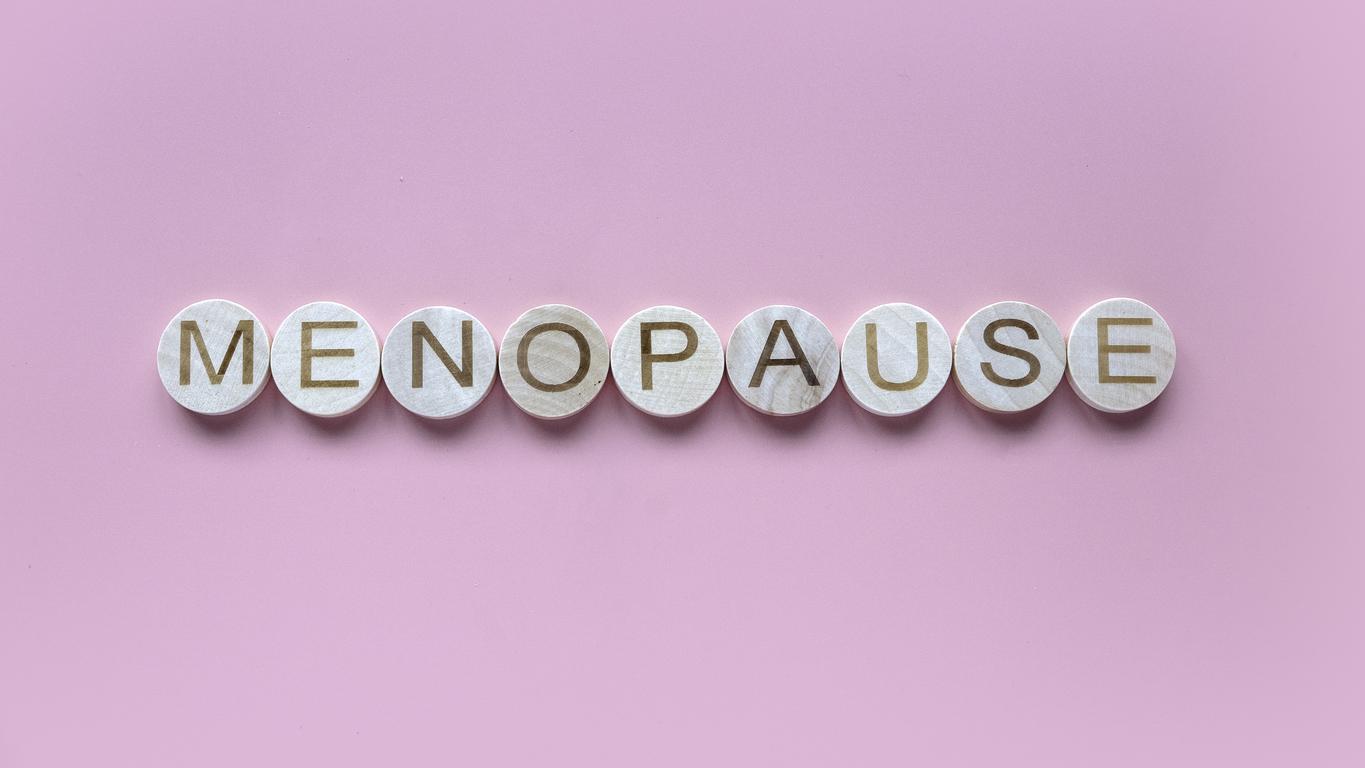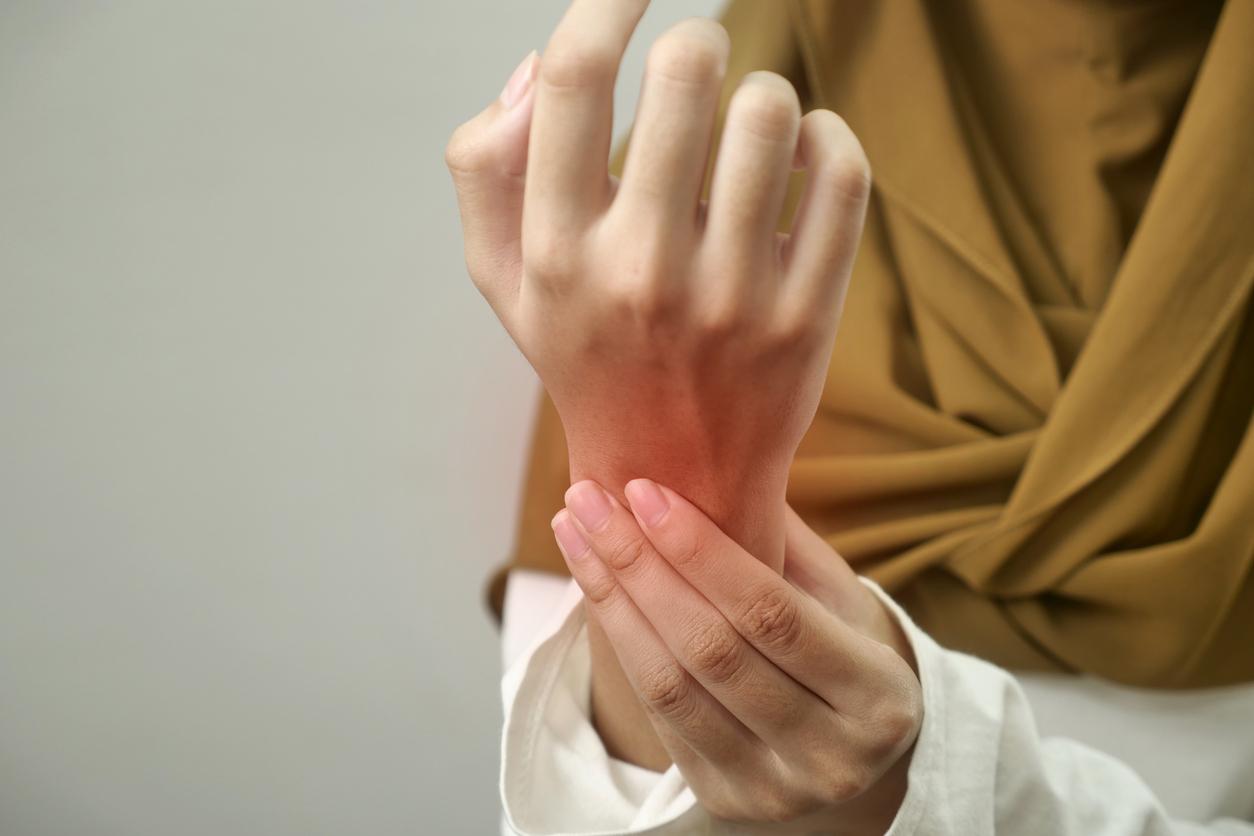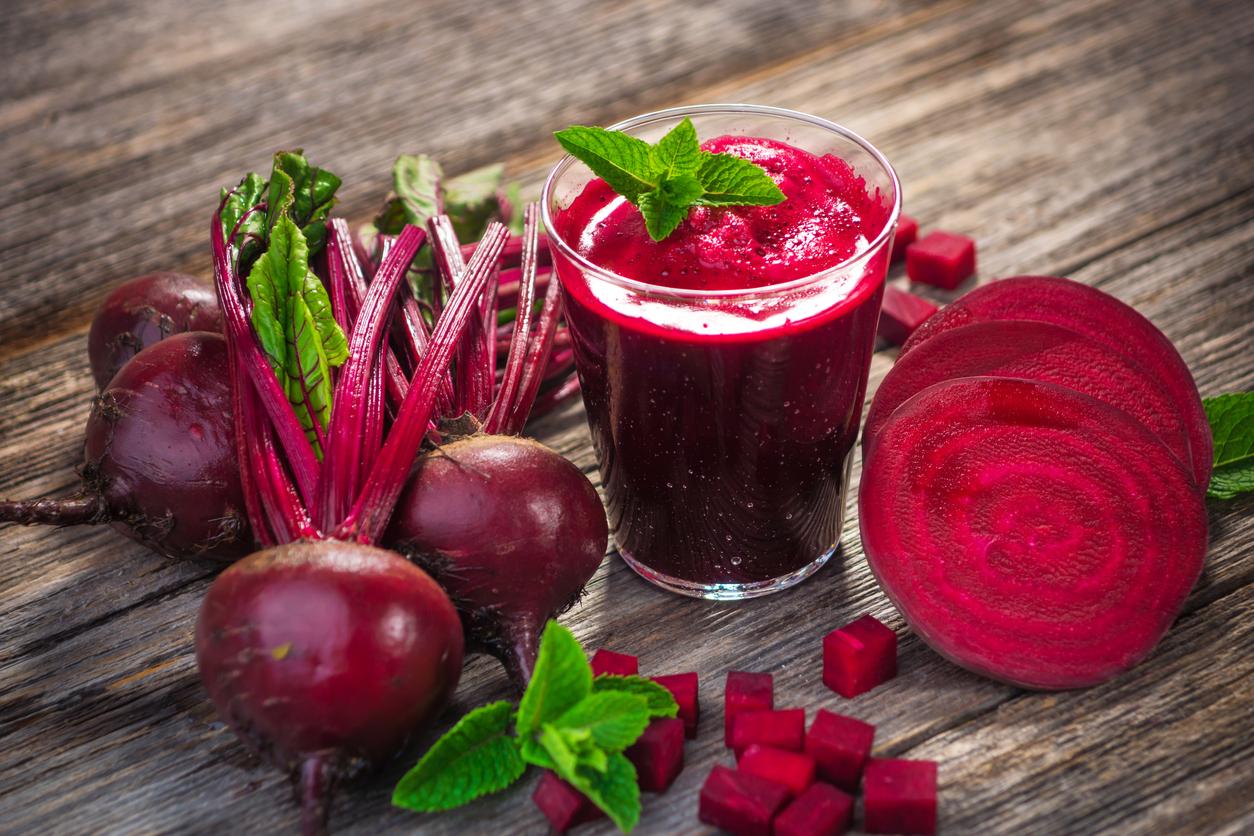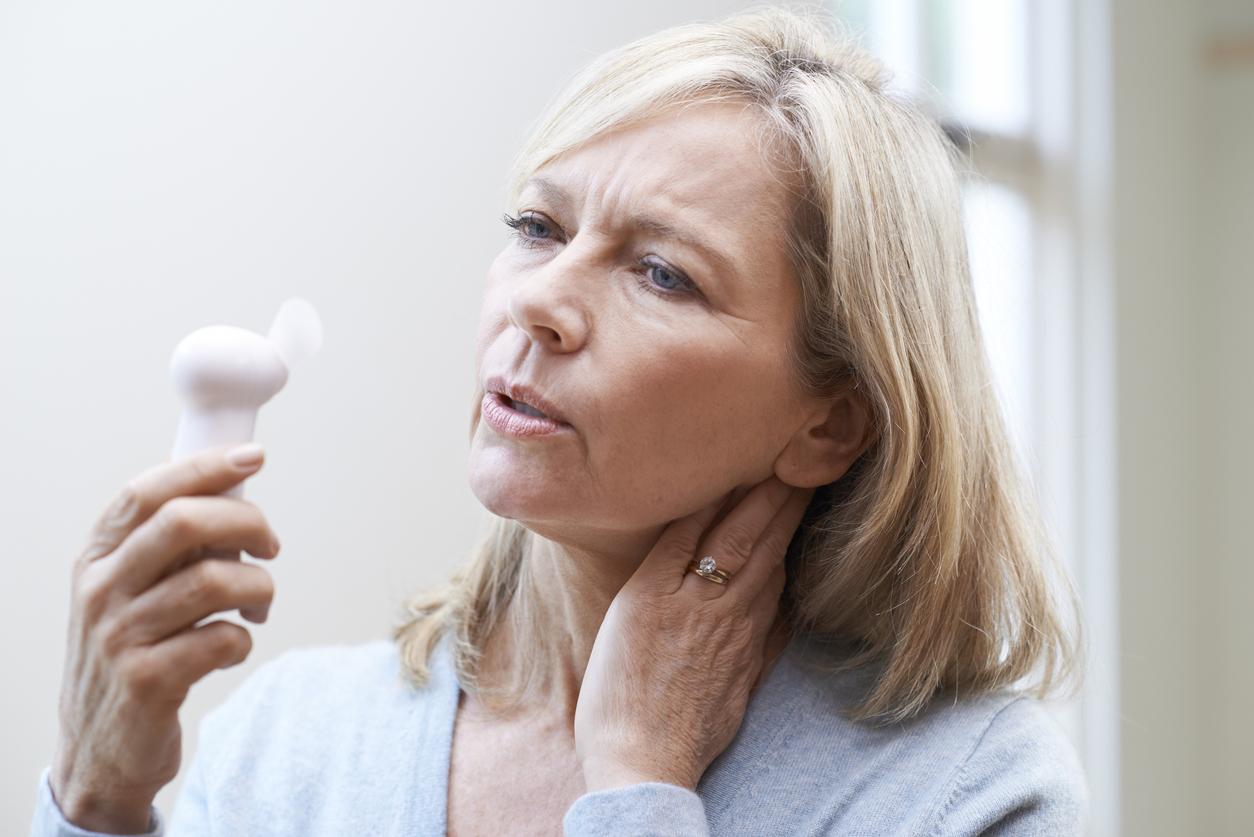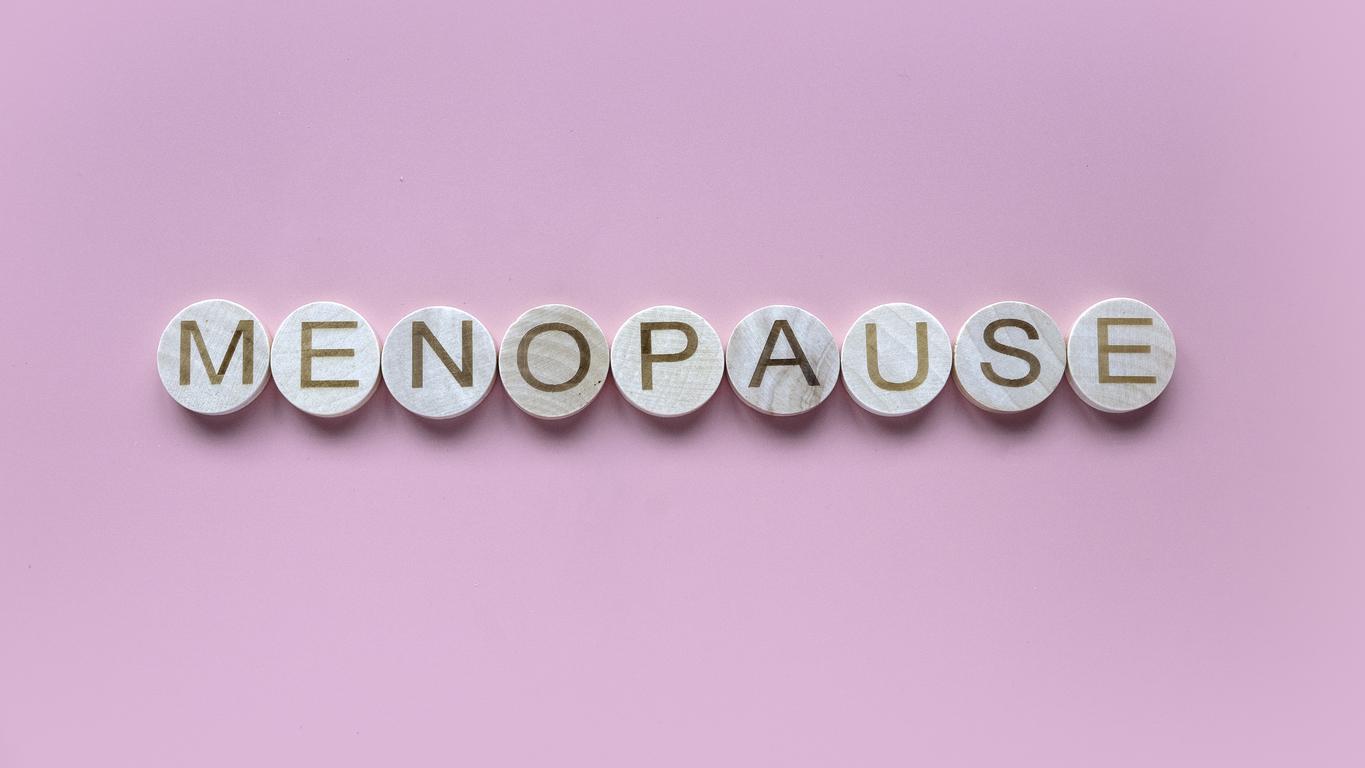November 30, 1998 – A 12-week study of 71 postmenopausal women concludes that the use of dang which (angelica sinensis) alone has no significant effect in relieving hot flashes and sweating associated with menopause. In this study, half of the women received 4.5 g per day of dried rootangelica sinensis while the other half received a placebo. The incidence of symptoms decreased in both groups without showing a significant difference.
Coverage of the study by some American newspapers, including The New York Times, could make believe that the dang which had no therapeutic value (“An Herb: Yes; a Remedy: No”). The fact is that the traditional Chinese pharmacopoeia uses dang which as a blood tonic, to regulate the menstrual cycle and alleviate the pains which are related to it and not as a remedy for menopause. On the other hand, the product sells (very well!) For it in the United States while postmenopausal women expect the benefits of estrogen without the side effects.
According to Dr Subhuti Dharmananda, director of the Institute for Traditionnal Medicine, “the idea that the hormonal dang originates from Western herbalists who assume, say and sell: they know that the dang which is used for the problems female, they suppose it has an effect on hormones, that’s what they tell women and they sell them for it. ” Dr Dharmananda believes the study was well done but hopes that in the future Western researchers will rely on serious studies already published before undertaking any research.
Another study on a preparation of 10 herbs from the traditional Chinese pharmacopoeia for the relief of hot flashes is underway at Columbia University.
HealthPassport.net
Bates B. Dong Quai Shown Not Effective for Menopause. Internal Medicine News. 1997 Aug 1:46.
According to Herbal Gram, no 43, Summer 1998











